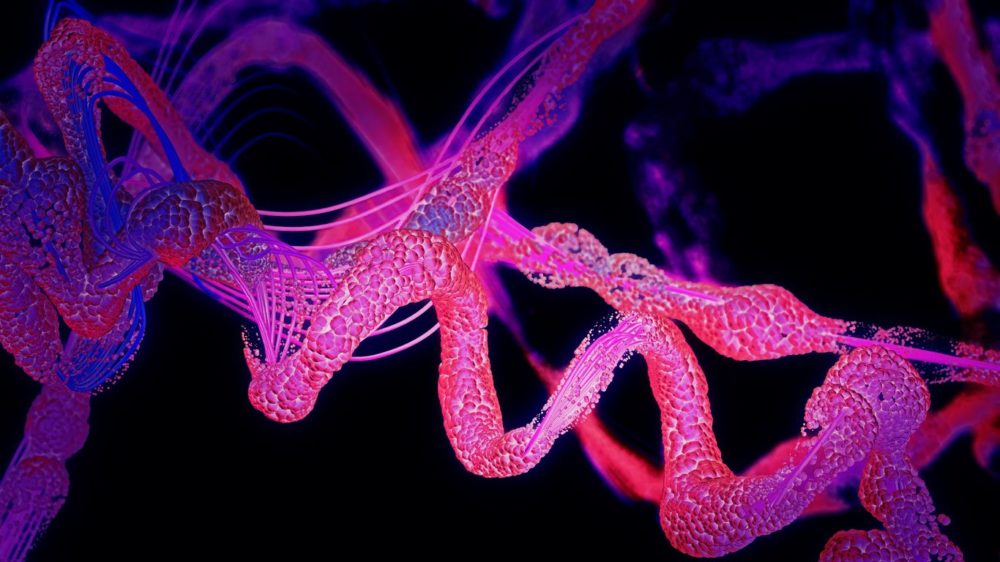Micropep Technologies, a startup developing peptide-based biological inputs for farms, has raised €8.5 million ($10 million) in Series A funding.
The round was led by Paris-based Supernova Invest. FMC Ventures, the corporate VC arm of US agrochemicals producer FMC, also came on board as a first-time investor, joining the French startup’s existing backers Sofinnova Partners and IRDI Capital Investissement.
“Micropep’s pioneering technology can enhance plant traits without altering plant DNA, and circumvents the challenges of GMOs and costs of [RNA interference],” FMC Ventures managing director Amar Singh said in a statement.
“This novel approach has the potential to develop first-in-class biological ‘traits’ – a game changer set against a landscape of regulatory headwinds, emerging resistance, and a global push for sustainable crop protection technologies.”
FMC launched its corporate venture group in the middle of the Covid-19 crisis – read more here
Toulouse-based Micropep was spun out from the city’s eponymous university and France’s National Center for Scientific Research in 2016.
The team has developed technology that can enhance favorable traits in crops without the need to tinker with their DNA, as is the case for GMOs.
Micropep’s solution is to spray plants with “a unique family” of natural peptides which can regulate RNA within the plant, which in turn influences the way in which different traits are expressed by the plant’s genes.
Peptides are small proteins, comprising short chains of between two to 50 amino acids. Like larger proteins — and unlike the small chemical molecules that feature in older crop protection products — peptides degrade in soil into singular amino acids, “which are themselves key building blocks of soil health,” says Micropep founder and CEO Thomas Laurent.
“So, not only do peptides leave limited to no residue in the soil and the environment – their degraded form can contribute to soil health too,” he tells AFN.
Micropep scans the “DNA blueprints” of plants to identify naturally occurring peptide sequences produced by microRNAs which control plant physiology, he adds. These peptides can then be used to influence all plant phenotypes regulated by microRNAs – including those relating to germination, flowering, and disease resistance, among others.
The startup is now using its technology to develop a pipeline of ‘sprayable traits’ that can be used as alternatives to chemical-based herbicides and fungicides to control resistant weeds such as Palmer amaranth.
While the market for crop protection products is still dominated by small-molecule agrochemicals, novel biological solutions are gaining ground – and attracting plenty of interest from investors.
“Biologicals are still dominated by microorganisms, such as bacteria, fungi, and so on, with their own promises and challenges [with regards to their] stability and supply chain,” Laurent says.
“But there is a new, exciting space emerging between the conventional small molecules and biological microorganisms: the use of peptides, proteins, and RNAs as biological solution for crop protection.”
Micropep, he says, is “one of the few” companies working in the nascent peptides space alongside the likes of Vestaron in the US and Plant Health Care in the UK.
Others working with larger proteins include the US’s Invaio Sciences and Belgium’s Biotalys, which went public on the Euronext Brussels exchange last week at a valuation of €232 million ($274 million.)
Another US player, GreenLight Biosciences, is developing insecticides using RNA technology [disclosure: AFN‘s parent company AgFunder is an investor in GreenLight.]
According to Laurent, Micropep stands out from this small but growing crowd because it can “not only address a broader spectrum of agronomic challenges, including disease control, weed growth, and crop growth enhancement – it can do so by using a targeted approach powered by computer science.”
“Instead of randomly screening peptide compounds, Micropep scientists use the plant’s own genetic information to identify and design peptides targeting the traits of interest,” he says.
The Series A funds will be used to scale-up the startup’s discovery engine, which will involve the gathering of plant genomic data as well as the production and testing of candidate peptides. The first products that the team is working are focused on weed control and disease control.
“Key future milestones include bio-producing kilograms of peptides for field testing, developing a tailored delivery system for our peptides, demonstrating efficacy in-field of our first peptides leads, and preparing for the future regulatory work,” Laurent said.
“The next round of funding will be then focused on the development and regulatory phases, as well as international expansion.”




